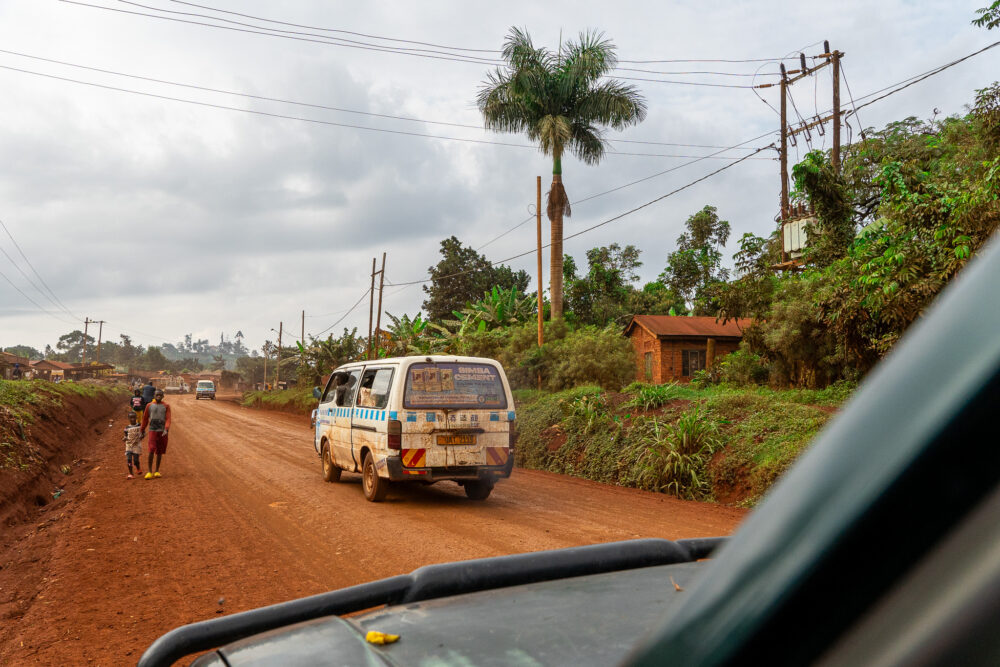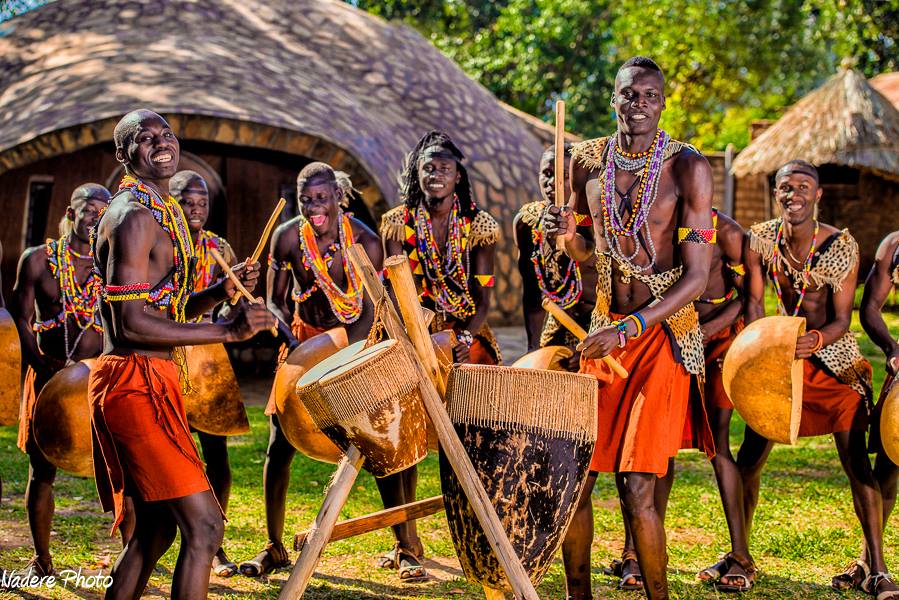
Uganda Uncovered: A Deep Dive into its Vibrant Culture
Uganda, often referred to as the “Pearl of Africa,” is a tapestry woven from a rich and diverse cultural heritage that reflects its complex history and vibrant communities. Nestled in the heart of East Africa, this land is home to over 50 distinct ethnic groups, each contributing unique languages, traditions, and customs. From the majestic landscapes of the Rwenzori Mountains to the shores of Lake Victoria, Uganda’s geographical variety has fostered a multitude of cultural expressions that resonate through music, dance, art, and cuisine.
Traditional practices coexist harmoniously with modern influences, creating a dynamic cultural landscape that is ever-evolving. Festivals celebrating local customs showcase colorful attire and rhythmic dances that tell stories passed down through generations. As visitors immerse themselves in Uganda’s cultural richness—whether by participating in traditional ceremonies or exploring local markets—they gain insight into the values and beliefs that shape everyday life. This exploration reveals not just Uganda’s identity but also its resilience and unity amidst diversity.
Traditional Music And Dance In Uganda
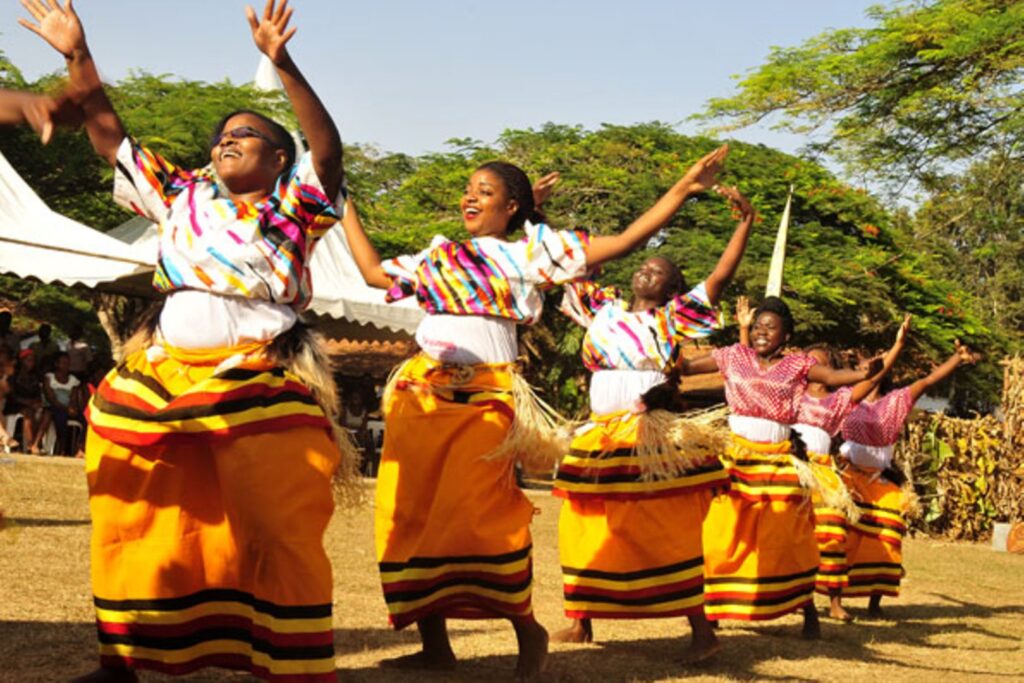
Traditional music and dance are integral to Uganda’s vibrant cultural tapestry, reflecting the nation’s diverse ethnic groups and their unique histories. Each region boasts its distinct styles, instruments, and choreographies that tell stories of everyday life, historical events, and spiritual beliefs. The rhythmic beats of drums, particularly the Adungu and Engalabi, accompany lively performances that often feature intricate footwork and colorful attire.
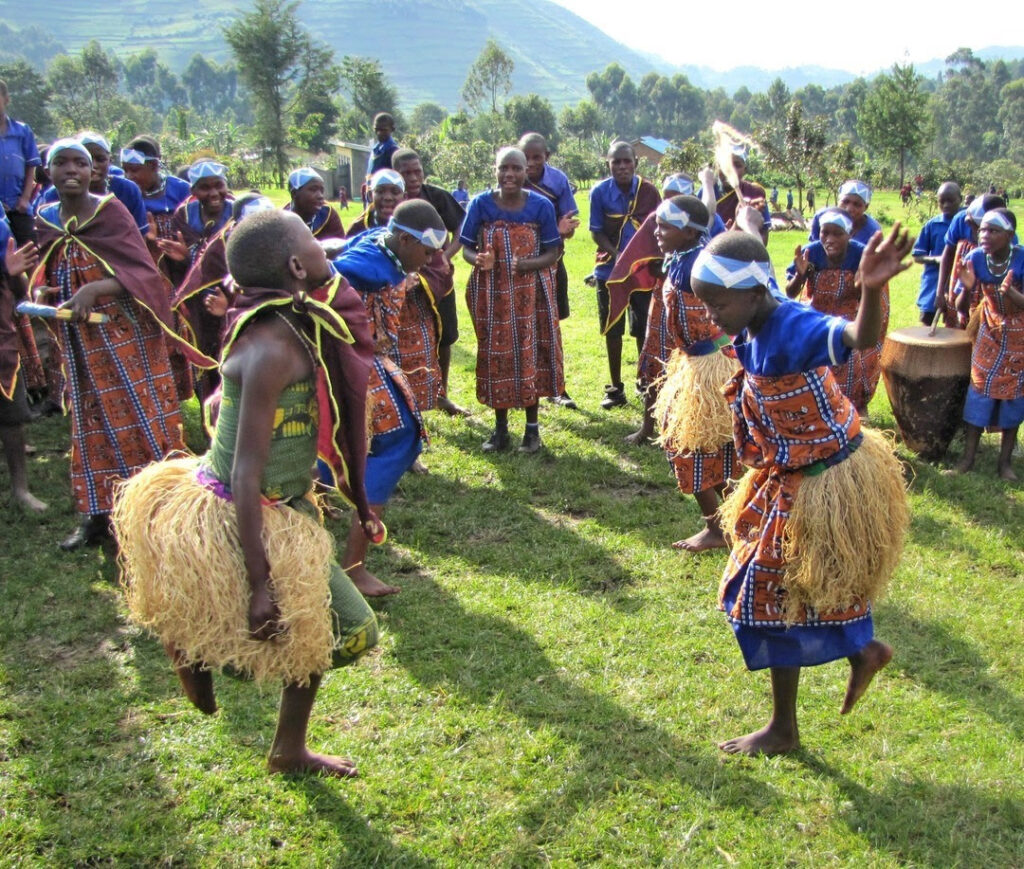
For instance, the Bakiga people from southwestern Uganda are known for their energetic Bakiga dance, which celebrates agricultural prosperity. In contrast, Basoga’s Ekitagururo dance showcases graceful movements that embody traditional values and community cohesion. These performances typically occur during significant ceremonies such as weddings, harvests, or cultural festivals.
Moreover, traditional music serves as a vessel for storytelling and preserving history. Songs often convey messages of love, social issues, or ancestral wisdom. Through these artistic expressions, Ugandans not only celebrate their heritage but also foster a sense of unity among diverse communities while captivating audiences both locally and globally.
Ugandan Cuisine: A Culinary Delight
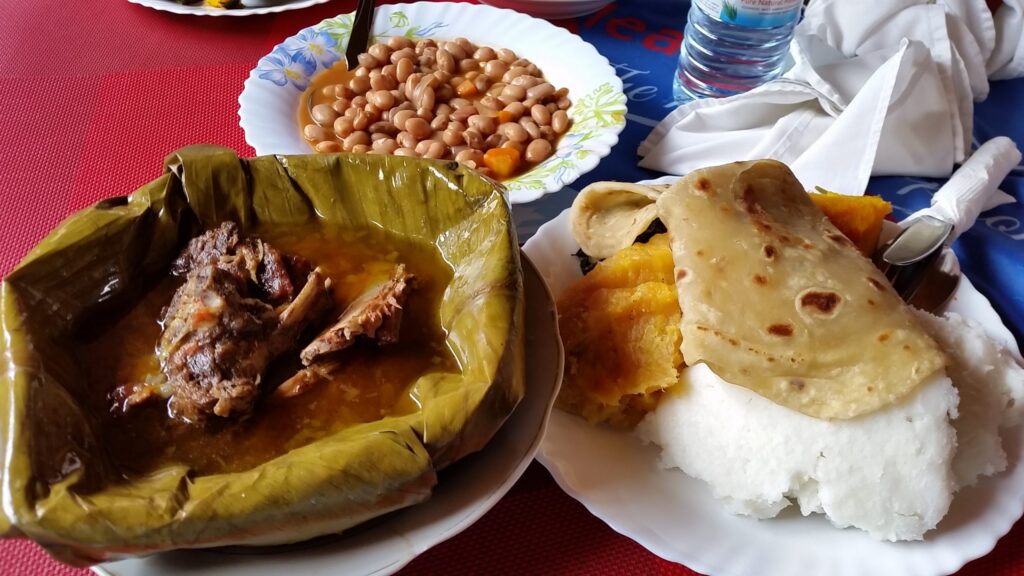
Ugandan cuisine is a vibrant combination of flavors and traditions, reflecting the country’s rich cultural heritage. Central to this culinary delight are staple ingredients such as matoke (steamed green bananas), posho (maize porridge), and sweet potatoes, which form the foundation of many meals. The use of fresh vegetables and local spices adds depth to dishes, while protein sources like fish from Lake Victoria, chicken, and beef are commonly enjoyed.
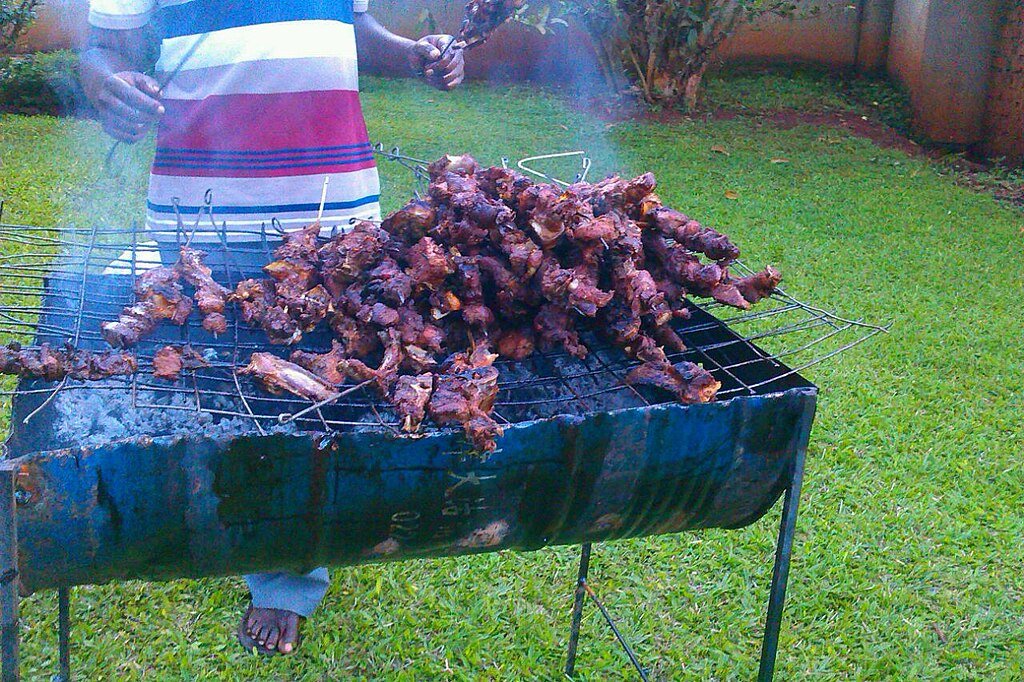
Street food culture thrives in Uganda, with vendors offering an array of snacks like Rolex, samosas, grilled meats on skewers (Muchomo), and fried plantains. These quick bites not only satisfy hunger but also serve as a social experience for locals and visitors alike.
Traditional meals often bring families together, showcasing communal eating practices that emphasize sharing. The significance of food in Ugandan culture extends beyond sustenance; it is a means of celebrating life’s milestones, fostering relationships, and honoring heritage. As you explore Ugandan cuisine, you embark on a sensory journey that encapsulates the heart and soul of its people.
Here are 4 of the top local dishes in Uganda to try out on your next tour.
Art And Craftsmanship In Uganda
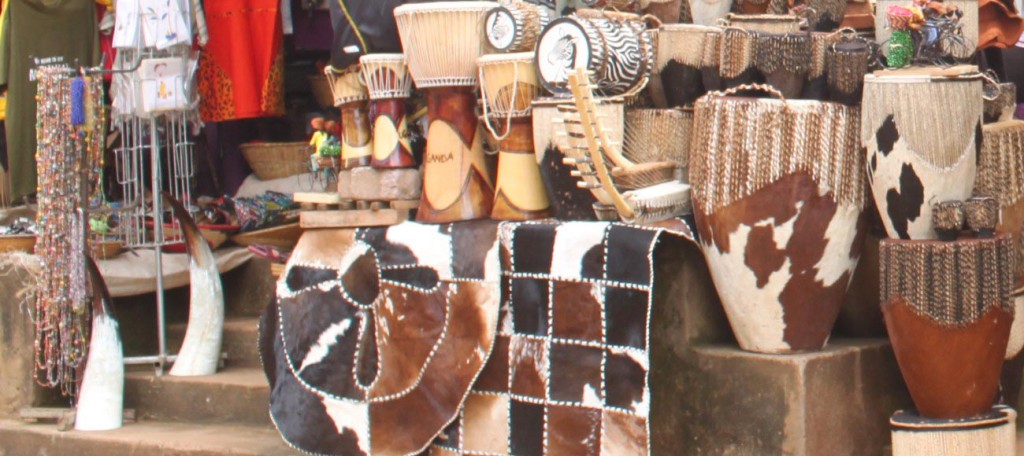
Art and craftsmanship in Uganda are vibrant expressions of the nation’s rich cultural heritage, reflecting its diverse ethnic groups and traditions. One of the most notable forms is the intricate basket weaving found among various communities, particularly the Baganda and Basoga. These baskets, often made from locally sourced materials like reeds and grasses, showcase stunning patterns that tell stories of their creators.
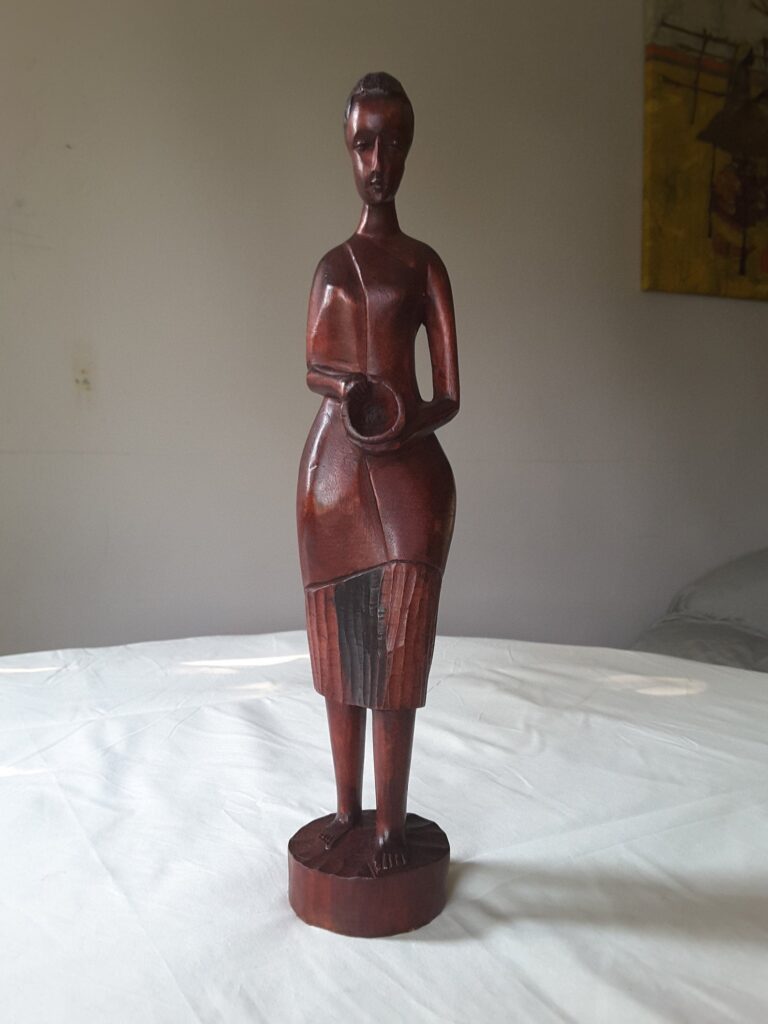
Traditional crafts extend to pottery, where artisans skillfully mold clay into functional and decorative items, often adorned with symbolic designs. The art of wood carving is another significant aspect; skilled craftsmen create beautiful sculptures and masks that hold cultural significance in ceremonies and rituals.
Textiles also play a crucial role in Ugandan artistry, with brightly colored fabrics like kitenge being used for clothing and accessories. Through these crafts, Ugandans not only preserve their cultural identity but also engage in a dialogue with contemporary art forms, ensuring that their rich artistic legacy continues to thrive amidst modernization.
Religious Beliefs And Practices In Uganda
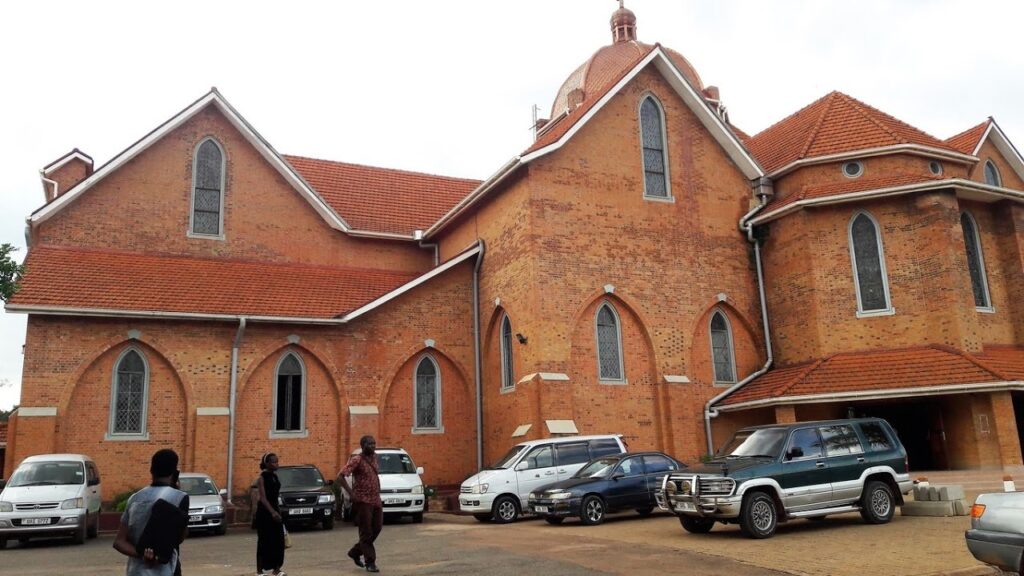
Religion in Uganda is a vibrant tab reflecting the country’s rich cultural diversity. The predominant faiths are Christianity and Islam, with significant populations adhering to indigenous beliefs. Christianity, introduced during colonial times, has grown to encompass various denominations, including Roman Catholicism and Protestantism, which play pivotal roles in community life and social services.
Islam also holds a substantial presence, particularly among the Baganda and other ethnic groups. The practice of Islam in Uganda often intertwines with local customs, creating unique expressions of faith that resonate within communities.
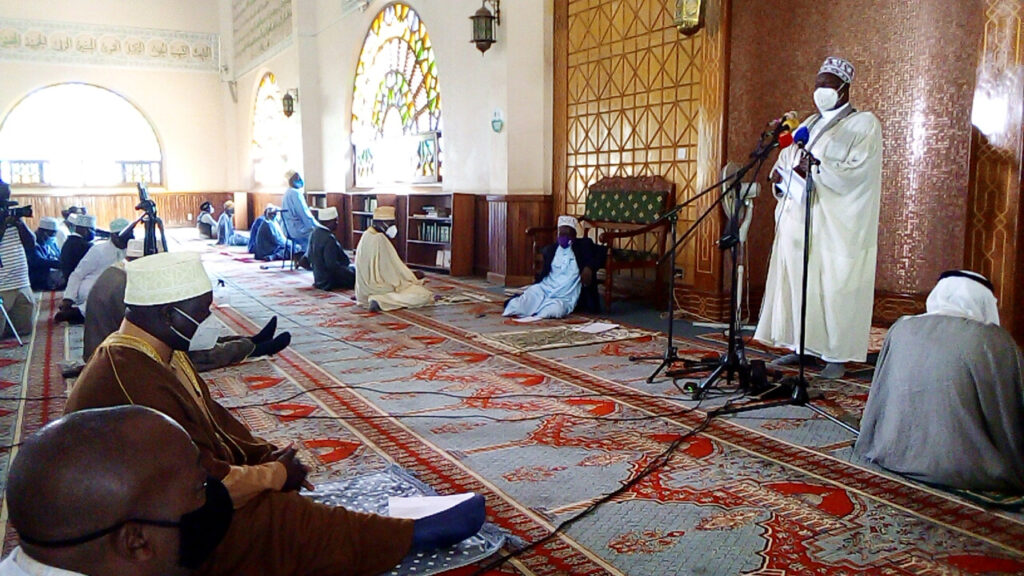
Indigenous spiritual practices remain vital for many Ugandans, emphasizing a deep connection to ancestors and nature. Rituals associated with birth, marriage, and death are integral to these belief systems, fostering communal bonds and cultural continuity.
Festivals celebrating religious events—such as Christmas for Christians or Eid for Muslims—serve not only as spiritual observances but also as occasions for community gathering and cultural expression. This interplay of beliefs enriches Uganda’s societal fabric, showcasing its harmonious coexistence of various faiths.
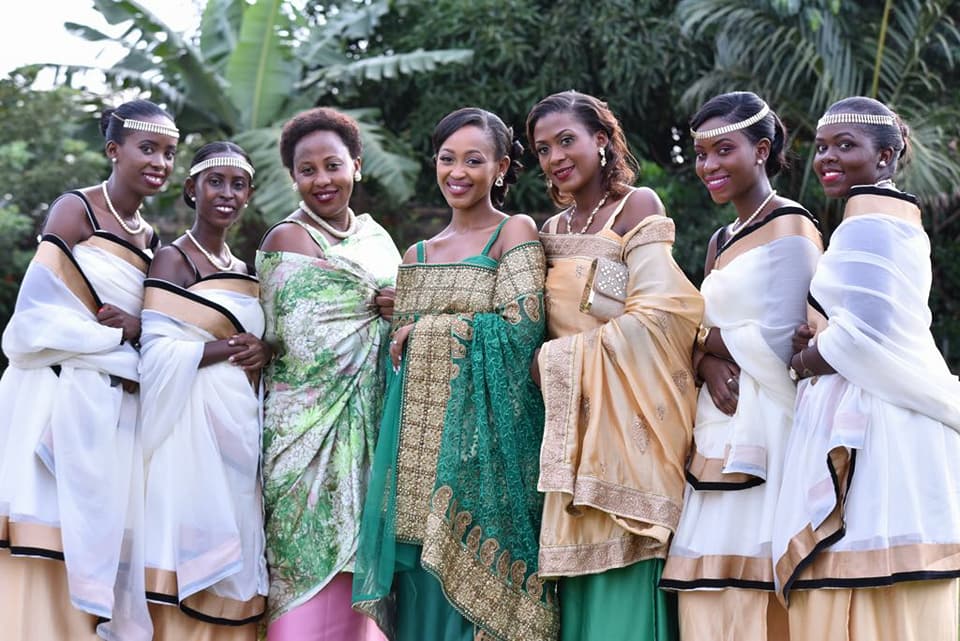
Traditional Clothing And Fashion In Uganda
Traditional clothing in Uganda reflects the country’s rich cultural heritage and diversity, showcasing a vibrant tapestry of colors, patterns, and styles that vary among different ethnic groups. One of the most iconic garments is the “kitenge,” a brightly patterned fabric often used to create dresses, skirts, and shirts. This versatile material is not only worn during special occasions but also in everyday life, symbolizing pride in one’s cultural identity.
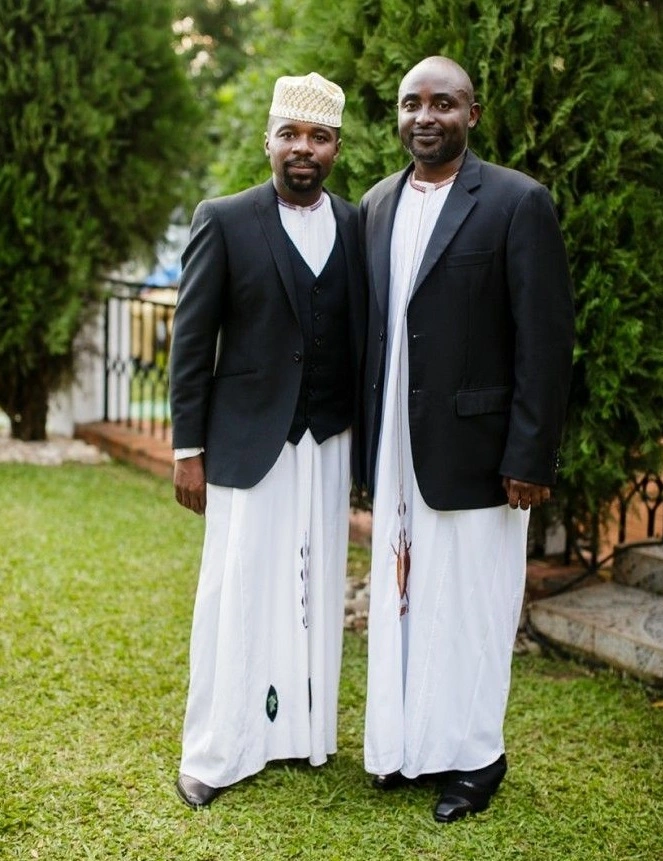
Men traditionally wear “kanzu,” a long white or cream robe, often paired with a sash or jacket for formal events. Women typically adorn themselves with “gomas,” colorful wraps that are elegantly draped around the body. Accessories such as beads and bangles further enhance their outfits, adding personal flair.
Fashion in Uganda has evolved, blending traditional elements with modern influences. This fusion creates a unique style that celebrates both heritage and contemporary trends while fostering a sense of unity among Ugandans from diverse backgrounds.
Uganda Cultural Festivals And Celebrations

Uganda’s rich cultural tapestry is vividly expressed through its vibrant festivals and celebrations, which reflect the country’s diverse ethnic groups and traditions. One of the most significant events is the Kampala City Festival, showcasing music, dance, art, and local cuisine. This annual celebration unites people from various backgrounds, fostering a sense of community and national pride.
Another notable festival is the Ndere Cultural Centre’s performances, where traditional music and dance from different Ugandan tribes come alive. These displays not only entertain but also serve to educate audiences about Uganda’s heritage.
The Buganda Kingdom celebrates its royal heritage during the coronation anniversary of the Kabaka (king), featuring colorful processions and cultural displays that highlight Baganda traditions. Additionally, various harvest festivals mark seasonal changes across regions, celebrating agriculture’s significance in Ugandan life.
Through these vibrant gatherings, Ugandans honor their ancestry while promoting unity and understanding among diverse communities, making cultural festivals a cornerstone of national identity.
Preserving And Promoting Ugandan Culture For Future Generations
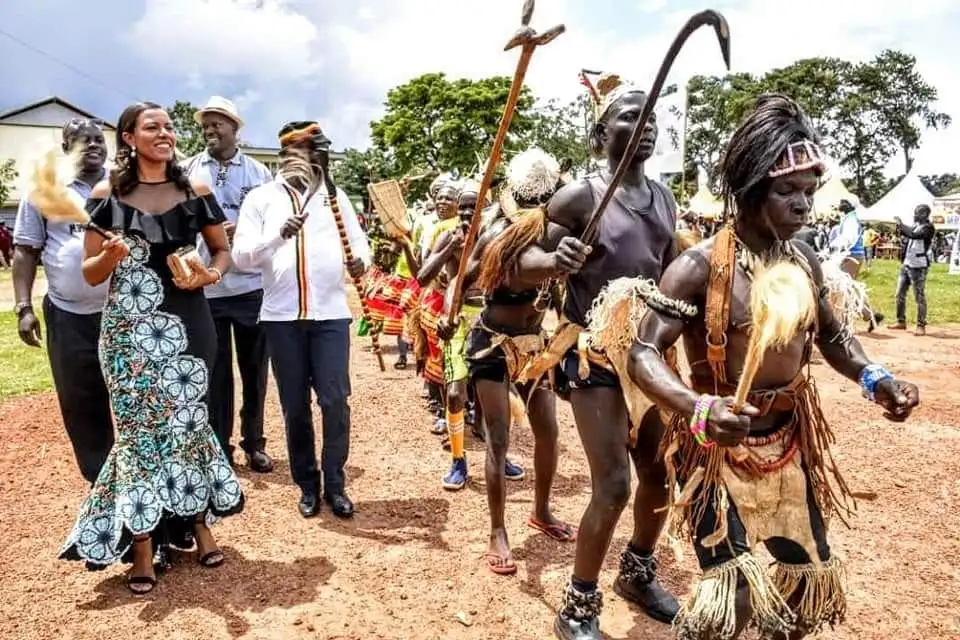
Preserving and promoting Ugandan culture for future generations is a vital undertaking that requires collective effort from individuals, communities, and institutions. As globalization increasingly influences lifestyles, it becomes essential to safeguard Uganda’s rich heritage, which encompasses languages, traditional practices, music, dance, and crafts. Education plays a pivotal role in this preservation; integrating cultural studies into school curricula helps instill a sense of pride and identity among the youth.
Community initiatives such as cultural festivals and workshops serve as platforms for sharing traditional knowledge and skills. These gatherings not only celebrate Uganda’s diverse ethnic groups but also foster intergenerational dialogue where elders pass down stories and customs to younger generations. Moreover, leveraging modern technology can enhance the visibility for Ugandan culture—digital archives, virtual museums, and social media campaigns can reach wider audiences while preserving cultural artifacts.
By actively engaging in these efforts today, Uganda can ensure that its vibrant traditions continue to thrive amidst changing times, enriching the lives of future generations with their unique heritage.
Rent A Driver Uganda is passionate about cultural tourism in Uganda ready to get you a rental car & tour guide to take you to some of the most popular cultural sites and attractions in Kampala city and remote regions of Uganda. To book a Uganda cultural safari today, simply contact us now by sending an email to info@rentadriveruganda.com or call/ chat with us on +256-700135510.
Bryan Muhoozi

